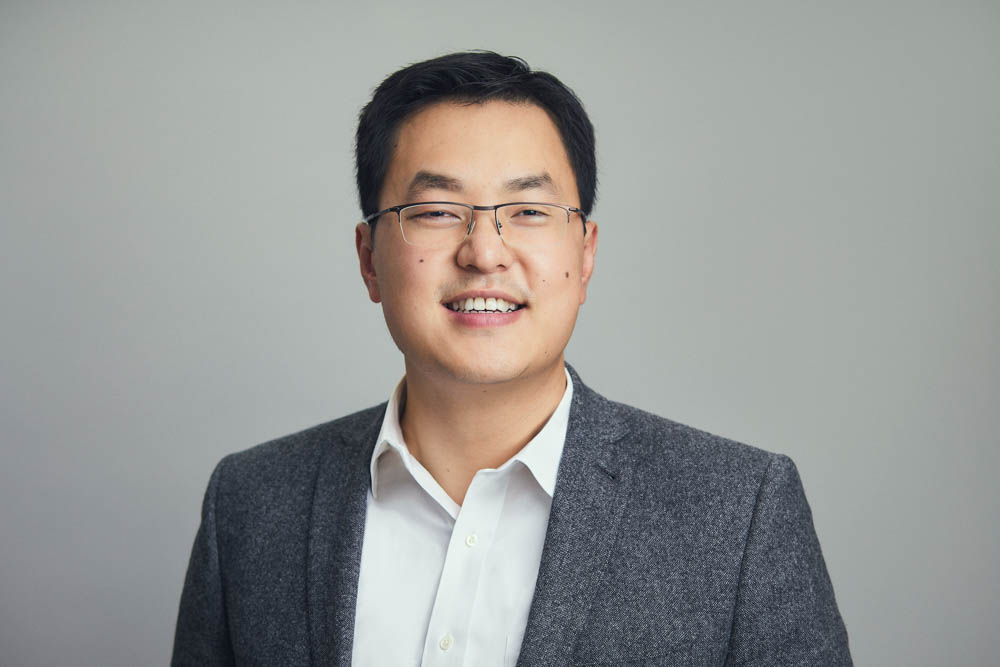How can I manage my after work time wisely?
I just started my software engineer journey and have a typical 9 - 6 working schedule. I feel like the time is getting so limited after I get back home. My goal is to keep some personal time for learning and personal projects every day but still achieve a good balance.
Genuinely look for time management or scheduling advice for newbies in the industry. Thanks a lot!
Discussion
(2 comments)- 8
 2 years agoCasey DaiTech Leadership Coach • Former Head of Engineering
2 years agoCasey DaiTech Leadership Coach • Former Head of EngineeringHi there!
The limiting factor is usually your energy levels and the amount of focused attention you can dedicate to learning after 6pm. I've had times where I tried to 'squeeze' 6pm-11pm to learn new skills (out of necessity usually early career), but that's a surefire way to burnout and resentment over the long haul.
Here are a couple of alternatives that have worked well for me and others in my network who tested it out.
- If you're an early riser, aim for a 30-60 min study block before heading off to work. Pre-plan what you're going to study the night before and have all the resources open, so you can dive right in without any friction. Going to sleep an hour or two earlier in exchange for a more productive hour in the morning is well worth it.
- Prepare playlists of audiobooks and podcasts to consume while commuting, exercising, walking, etc.
- Carve out a 3-hour block on the weekend to tackle topics that require more focus. Do this sparingly and with intent, so you don't cut into personal time too much.
Here's one that's undervalued and where I got a lot of extra mileage out of.
***Maximize those 5-15 min blocks at work. Here's the gist of the idea (I'm writing a LinkedIn post on this on Friday this week)
Open up ONLY ONE piece of content (to minimize distractions) in your browser window related to the concept you are trying to internalize. This eliminates the "startup friction" preventing us from using those spare 5-10 mins scattered throughout our day.
Examples of content I keep open:
• 1 impactful quote.
• 1 article/blog post
• 1 chapter/subsection of a book I'm reading
As a bonus, this method helps retain concepts in the longer term based on the principle "seed the idea early and revisit often".If you want to explore more learning/study techniques, DM me on LinkedIn or Slack. It's a passion topic of mine that I can talk about all day.
- 42 years agoJosh LindsayMid-Level Software Engineer at Series B Startup
With a 9 to 6 schedule and a commute, it's asking a lot of yourself to do extra when you get home. Not saying it's not do-able, but due to the constraints I don't think a 'good balance' would be possible. Especially if you want to have some other hobbies or a social life. If that's a tradeoff you're willing to take early in your career, as many of us did, it will be beneficial career wise. However, I would advise you to be suspicious of any intuition you have that this will be "a good balance".
A good compromise to reclaim some of your free time would be to do as much learning as you can at work. So, get as competent as you can as quickly as you can at your regular responsibilities. Then, you will have the freedom to carve out an hour or two of your working time to read blogs, play around with new tech stacks, leetcode, etc. You shouldn't work on any project that could make money at work, but other than that you should maximize your self learning during your working hours.
A way to do this without taking away time from your employer is to take on learning projects at work. So anytime you can work with a new tech stack, deep dive into a tricky bug, etc, you should. That way you don't have to steal time away from your regular duties or free time as you will be getting the learning "for free" from your regular work. You're just taking the initiative to make your regular work as maximally educational as possible.